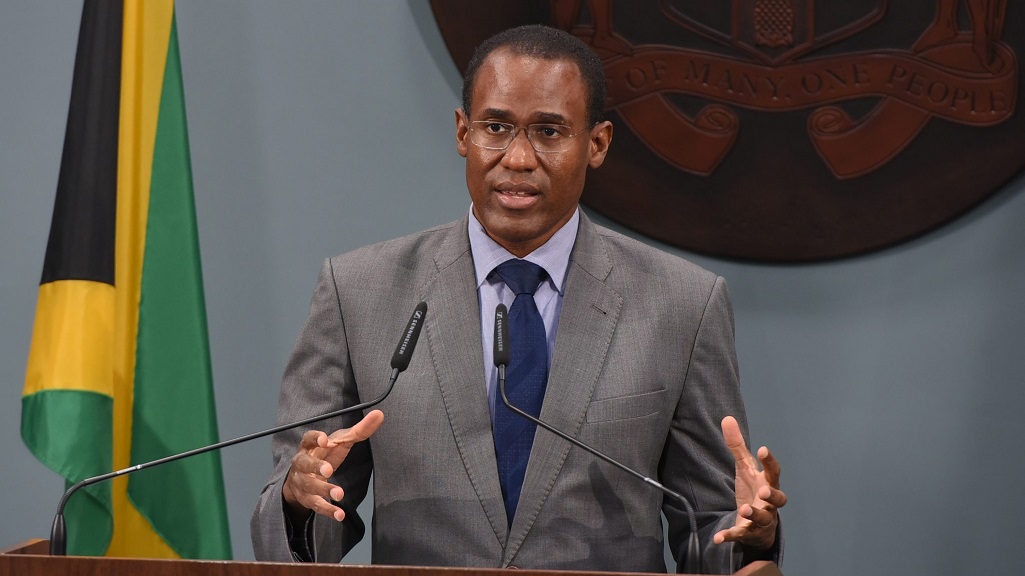
Efforts to reduce the foreign currency component of Jamaica’s total debt may well take a bit longer than anticipated due in the main to the COVID-19 pandemic crisis Finance and the Public Service Minister Dr Nigel Clarke has announced.
Clarke weighed in on the foreign currency debt while appearing recently as guest speaker for the Private Sector Organisation of Jamaica’s (PSOJ) virtual series, ‘Conversation On Charting Our Economic Recovery-Post Budget Analysis’.
DEBT-TO-GDP RATIO HAS RISEN TO 110%
Jamaica’s total debt now stands around US$14.5 billion, of which about US$9 billion is external foreign currency debt. The country’s debt-to-GDP ratio has now risen to 110 per cent from 95 per cent last year, reflecting the exchange rate depreciation and GDP contraction.
As much as 60 per cent of Jamaica’s debt is comprised of foreign currency obligations so the question is, from a debt management perspective, what are the plans to reduce the FX component of the overall debt?

“The long-term strategy is to reduce the FX component. Because of the crisis, we have had to lengthen the time when that is going to happen. During the last fiscal year, we reduced nominal US-dollar debt and there is no other precedent for that in any other crisis. We paid off US$150 million to Noble last August and we also engaged in a currency swap with the IDB [Inter-American Development Bank] in an innovative transaction (swapped into Jamaican dollars). We hope we can do more of this type of transaction with the IDB over time.”
The finance minister went on to say that the Government is taking steps to reduce its foreign currency exposure and that the crisis will have an impact on the pace of that reduction.
He continued: “It’s all the more reason why these credibility enhancing reforms and policies are critically important. Everyone will remember what we chose to do in this crisis and how we handled it. That is going to be to our advantage going forward. We have to get to the stage where we can issue Jamaican-dollar debt internationally.
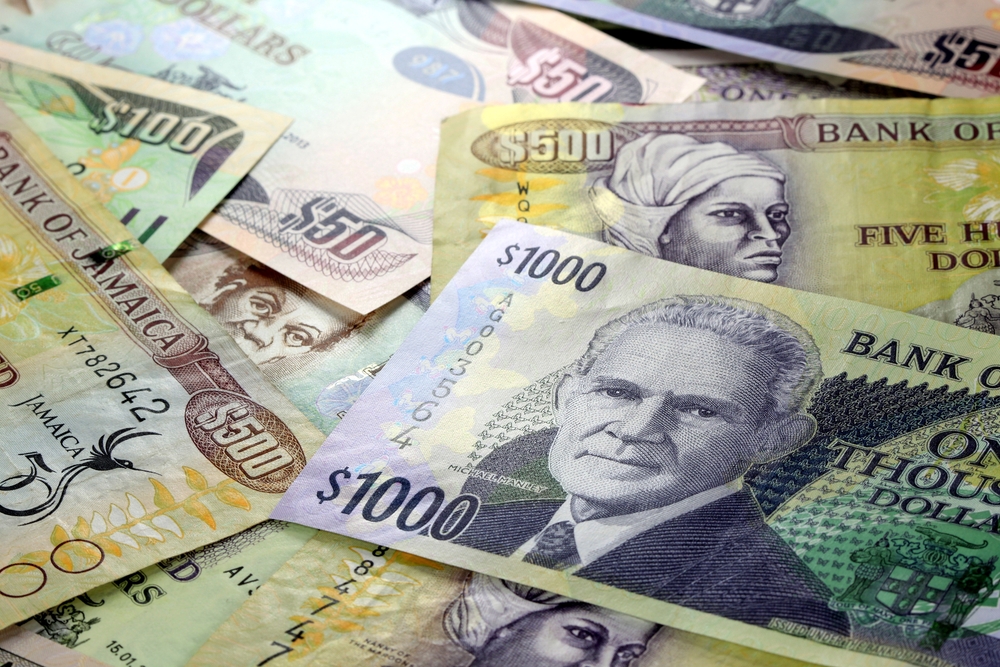
“Where does our US-dollar debt come from? The volumes of capital we have to raise to service and repay our debt, if we had to raise that internally, it would have a deleterious effect on Jamaican-dollar liquidity and Jamaican-dollar interest rates. Internationally we can raise it in US dollars. Now, when people begin to see the seriousness with which we manage our economy, that our Central Bank is independent, that we are targeting inflation, that the Government adheres to its fiscal policy, that we have a monetary policy committee that discloses its minutes, then we will be able to, over the next few years, on the back of that credibility, issue Jamaican dollars internationally.”
“We have to pursue policies that don’t just focus on today, but also consider what will take place tomorrow. These policies must enhance the credibility of Jamaica as an island state in a wide-open sea.”
Dr Nigel Clarke, minister of finance and the public service
To Clarke, it is an issue of establishing credibility and not coming off as a basket case. This in turn will allow the country to borrow more advantageously in Jamaican dollars. He foresees a time when institutions will lend to the Jamaican Government in Jamaican dollars with that being the only way out of its perennial debt crisis.
“That is how all countries that don’t have a massive foreign currency component to their debt do it. We have to pursue policies that don’t just focus on today, but also consider what will take place tomorrow. These policies must enhance the credibility of Jamaica as an island state in a wide-open sea.
“At the end of the day, this is cash flow lending; this is not asset-based lending. As you know, cash flow lending is built upon credibility and confidence. Our policies and programmes are built to enhance the credibility of Jamaica as a sovereign state and a state you can trust,” said Clarke as he addressed the PSOJ’s virtual forum.
Send feedback to [email protected]


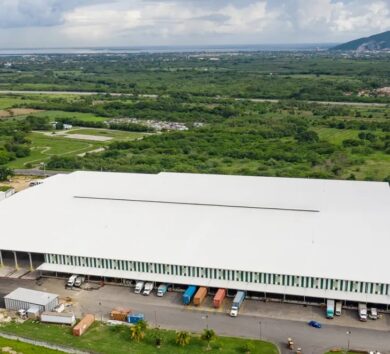


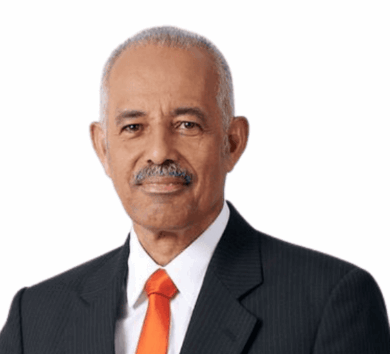
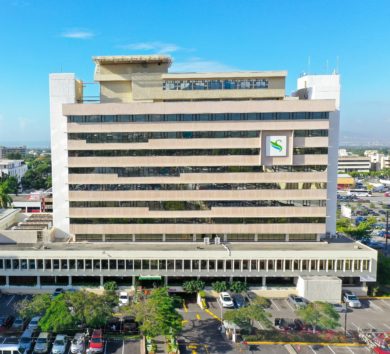
Comments